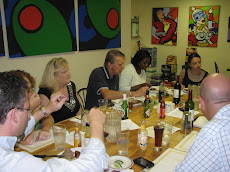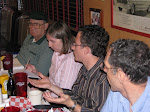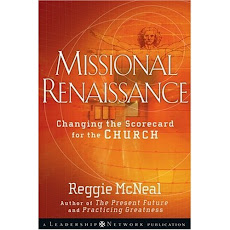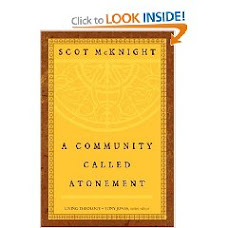In this conversation, I’ve come to be known by friends as the guy who’s into all that “God is love” stuff. Guilty. It’s one of the few times I enjoy being a Biblical literalist by pointing to I John 4:16, which says, “God is love.”
I have friends (who I love) who are atheists and agnostics. Sometimes, when I say “God is love” to them it leads to a great conversation about free will and human suffering. I don’t have all the answers, but a lot of times I bring up how God's people, the church, often seem to be underachievers when it comes to alleviating human loneliness and suffering. We have free will to be an agent for God in this regard, or not.
I have friends (who I love) who are Christians. Some have seminary training. Sometimes when I say “God is love” to them, it leads to great conversations, where we ponder God’s nature. What else is God other than love? What about God’s “righteousness” and “holiness?” What about God’s wrath? A lot of times I bring up Jesus’ prayer in John’s gospel, about how the world will know God sent him because of the love and oneness, not only of the disciples, but of “…those who will believe in me through their message…” I mention how Paul explains in Romans that “…whoever loves others has fulfilled the law.” And I recall Jesus’ reply when tested by an expert in the law on the greatest commandment. He says, “Love the Lord your God with all your heart and with all your soul and with all your mind. This is the first and greatest commandment. And the second is like it: Love your neighbor as yourself. All the Law and the Prophets hang on these two commandments.” It couldn’t be plainer.
My favorite button/sticker, adopted by
Mission Year , reads, “Love God. Love People. Nothing else matters.” Jesus guides us through the philosophical questions and theological debates. By following Jesus’ simple commands and example, by allowing Him, through community, to pour his love into and then out of us, atheists, agnostics, Christians, the world itself will be better off …and will know who sent him.
















